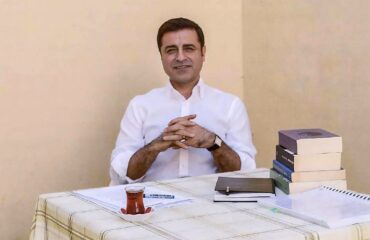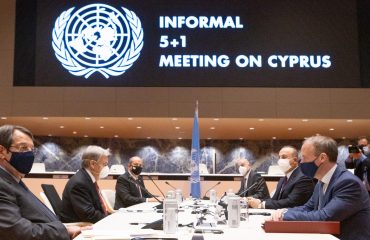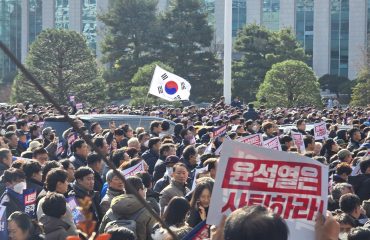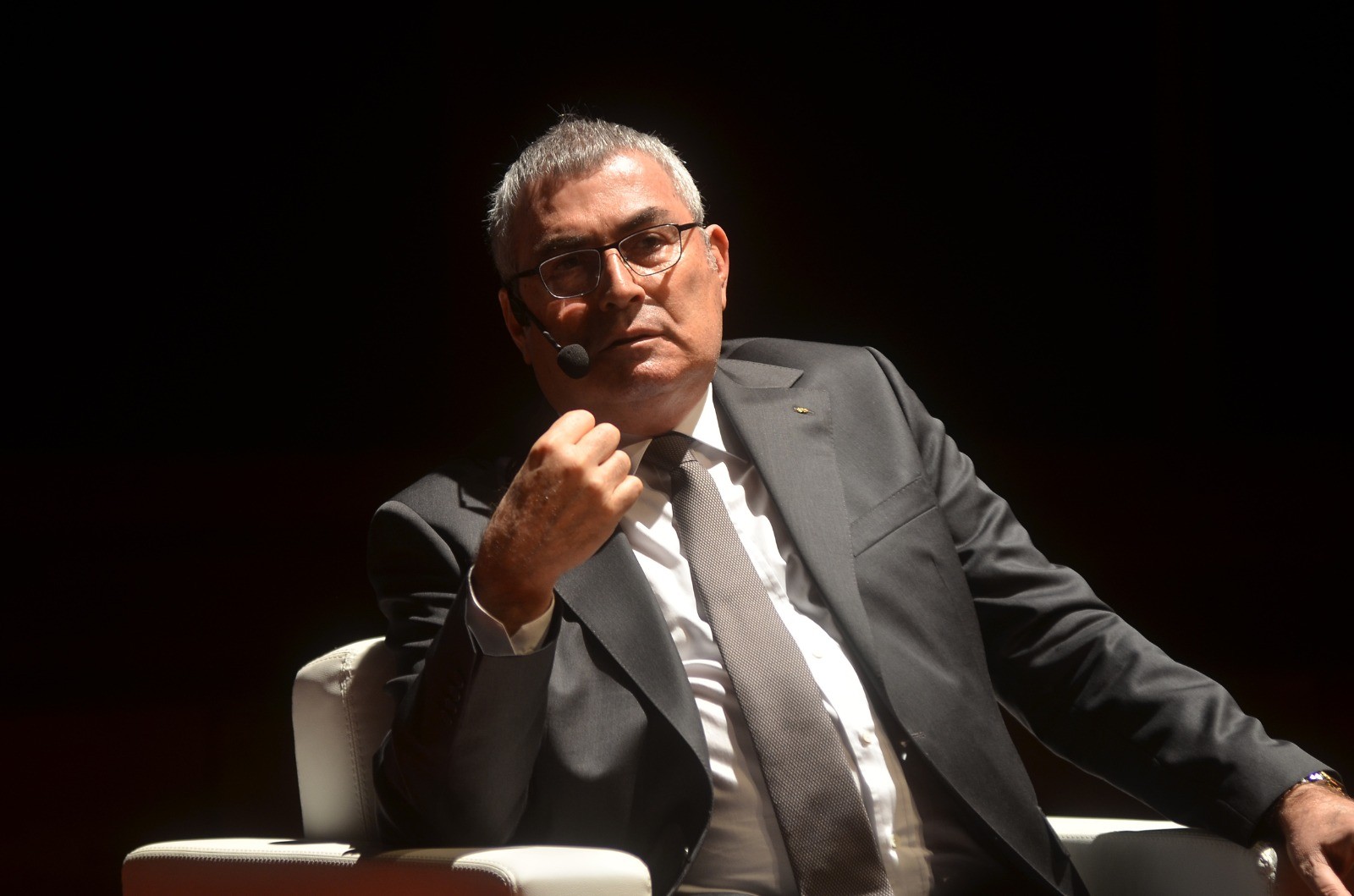
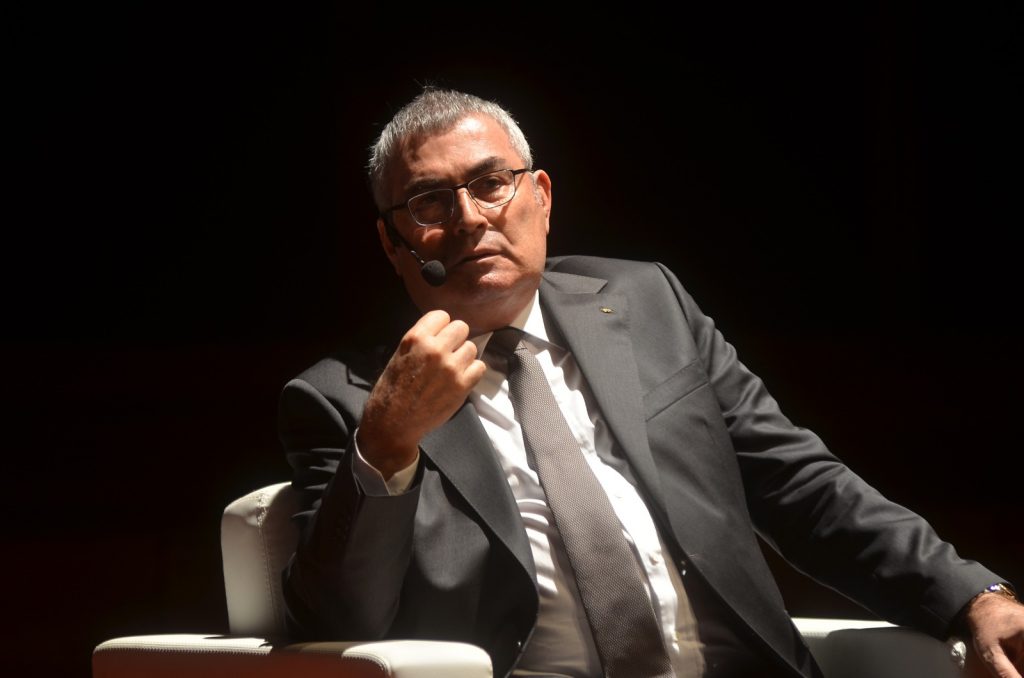
Tokyo Olympic Games will be held between July 24 Aug. 9 as scheduled, despite the ongoing coronavirus outbreak, Uğur Erdener, the vice president of the International Olympic Committee (IOC) told YetkinReport, elaborating on the justifications of the Committee. In an exclusive interview, Erdener said that the IOC considered “no immediate need” to postpone the Tokyo games following meetings with the World Health Organization (WHO), Japanese officials, federations of individual countries and also consultations with companies who sponsored the games and having broadcasting rights.
Japanese Prime Minister Shinzo Abe said on March 16 that he had a conference-call with other leaders of G7 countries (U.S., Germany, U.K., France, Italy, Canada) who backed his decision to keep the Olympic game schedule and no one of them brought up the issue of postponing it. The next day on March 17, the IOC endorsed the decision, underlining that they would be “in solidarity with the whole of society to do everything to contain the virus“. Recent surveys show that almost 70 percent of Japanese people believe that the games could be cancelled due to coronavirus outbreak and less than 10 percent of them say that they would like to watch the games live. A minority objection came from within the IOC by the Canadian member Hayley Wickenheiser who said that not cancelling the games due to the outbreak was “insensitive and irresponsible given the state of humanity”.
But Erdener, who is also the head of the Medicine and Scientific Department of the IOC and the chairman of the Turkish Olympic Committee, said that the IOC priority has always been the health and well being of the athletes and the society and there is still four months to go for the Tokyo games. Being the world’s biggest organization every four years, brings thousands of athletes all over the world and also generates a huge economy. It is known that sponsors and broadcasters do not want the cancellation of the games. Nevertheles, Erdener’s words when saying that there was no “immediate” need for postponing the games, leaves the door half-open for a possible postponing depending on the Covid-19 scene in coming momths.
Here are the answers of Erdener to YetkinReport’s questions:
1 — As the preparations for the Olympics were reaching the final stages, the Coronavirus emerged in China and spread across the world. That’s why the 2020 Summer Olympics were set to take place in neighboring Japan instead — is there a possibility this could also be canceled due to the coronavirus pandemic?
As can be understood from its recent statement, the International Olympic Committee (IOC) sees no immediate need to postpone the Tokyo Olympic Games. A task force set up by the IOC at the beginning of February keeps track of the issue 24/7, alongside representatives from the World Health Organization (WHO), the Japanese health authorities, the Tokyo Olympic Games Organization Committee, and the local Tokyo government. Both Japanese Prime Minister Shinzo Abe and Tokyo Governor Yuriko Koike expressed in their statements that all kinds of measures were taken for the Olympic Games and that they would be brought to life successfully and on time. Abe also shared the issue with the G7 leaders during a teleconference and received their support. Besides, as it’s now well-known, Japan and the People’s Republic of China, which was the source of the virus, are two of the most successful examples in the prevention of the further spread of the COVID-19 outbreak.
2 — According to the WHO, even the narrowest meetings are as risky for the spread of the outbreak. Are the Olympics committees evaluating the probability that gathering tens of thousands of people from all across the globe in the same space would increase the risk?
As I mentioned in my previous answer, the process is being carried out in close cooperation with the WHO ad we still have over four months to go before the Olympic Games begin on July 24. What’s most important for the IOC are the athletes as well as the protection of the health of all those who will participate in the Olympics — there is no hesitation in this regard and the IOC Medical and Science Commission and Department are overseeing this process with utmost sensitivity to ensure it’s carried out in the most healthy way.
3 — From which angle is the IOC approaching this issue? Is there a final decision?
The IOC is approaching and assessing the issue from all angles and evaluating it with also the stakeholders in mind. In other words, international federations within the IOC body, the National Olympics Committee, the International Paralympics Committee, the Association of International Federations included in the Summer Olympic Games Program (ASOIF), the sponsors, and TV broadcast rights holders are included in this process. The first IOC Board Meeting took place on March 17 via teleconference, followed by IOC President Thomas Bach’s meeting with the International Federation Presidents; a comprehensive statement on the process was issued. According to that statement, the authorities saw no need to take drastic measures like postponing the games. Moreover, Bach held a meeting on this issue with the Presidents in the National Olympics Committee in Europe.
4 — Is there any concern about low attendance if the games take place?
It must be known that, should the games take place, it will be in an environment where there will be no health risks, and where nobody would have to be concerned about whether or not they should attend.
5 — When you consider the subject from Turkey’s angle, thinking with you National Olympics Committee President hat, what additional measures can you foresee for athletes and their families?
I have no concerns about health, and I’ll tell you why right away. And on this subject, as the head of the IOc’s Medical and Science Commission, I bear a responsibility not only with regards to Turkey but also to all athletes. An important issue that we talked about yesterday and that the European Olympic Committees stated today was related compensation for the athletes in case some Olympic quota competitions in various branches fail to take place or are canceled due to certain bans or restrictions, as well as measures to ensure athletes can prepare well for the games. Because many countries don’t have sufficient training opportunities at the moment due to the precautions.
6 — Istanbul, too, was nominated as the next Olympics city for 2020, but lost its place to Tokyo. As IOC Vice president, would you make the same assessments if the Olympics were set to take place in Istanbul?
If the Olympics were to be held in Istanbul, the IOC would follow the same procedures and operate the same way, closely monitoring and evaluating the issue, with health as the priority.
Turkey is going to attend the Tokyo Olympic Games with 53 athletes in 10 branches.
